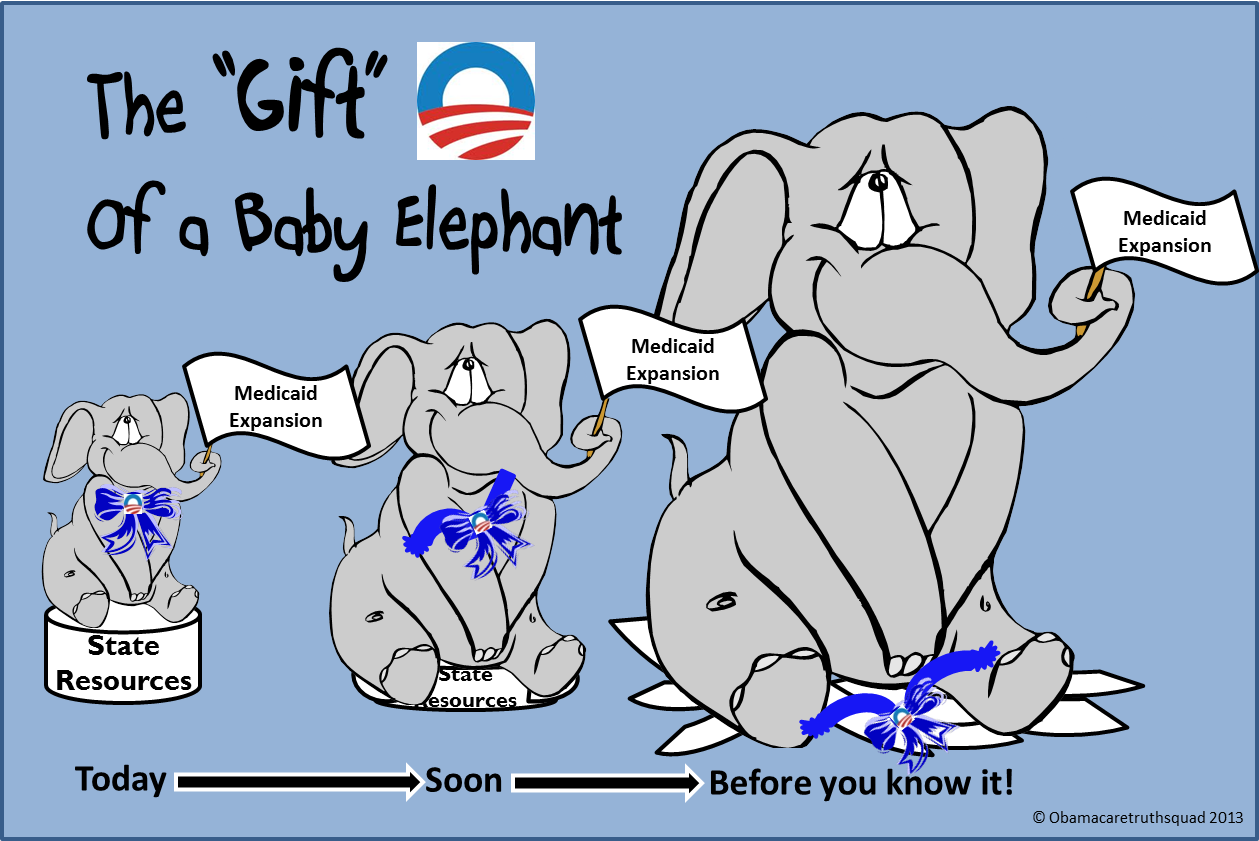Medicaid will boost the economy: Really Winthrop?
The ABQ Journal’s Winthrop Quigley has been on a real roll recently. After successive articles in support of bus rapid transit, he claims in his latest column that “Medicaid Could Boost New Mexico’s Economy.” Of course, rather than concerning himself with the additional burden that paying 10% of the program expansion’s costs ($120 million annually) starting in 2017, he simply concludes that Medicaid will make our work force healthier and economic growth will more than make up for the added expense. Really?

Apparently, Quigley hasn’t heard of the single most important study of Medicaid’s impact on health outcomes from Oregon. The study “represents the first use of a randomized controlled design to evaluate the impact of Medicaid in the United States.” According to the study’s authors:
1) Medicaid has no statistically significant effect on employment or earnings (there goes Quigley’s economoic argument right there);
Of course, Medicaid expansion did result in even more spending on other government programs:
2) Medicaid increases receipt of food stamps (SNAP);
3) Medicaid coverage increased use of the emergency department across a broad range of types of visits and subgroups.
These are all quotes taken directly from the “findings page.” There is healthy debate over what, if any health and mental wellness benefits Medicaid provides and whether those are worth the vast costs. What is not debatable (according to Oregon’s “gold standard” study) is the thesis that expanding Medicaid will not “boost the economy.” That thesis which Quigley never once mentions in his defense of Medicaid is completely unsubstantiated by real-world evidence to date.
Of course, basic logic would also call into question the idea that putting more people on government welfare will be a good thing for the economy. After all, those dollars aren’t created out of thin air, they are taxed and borrowed by government. That would be a whole different level of critical thinking about the Keynesian consensus.

